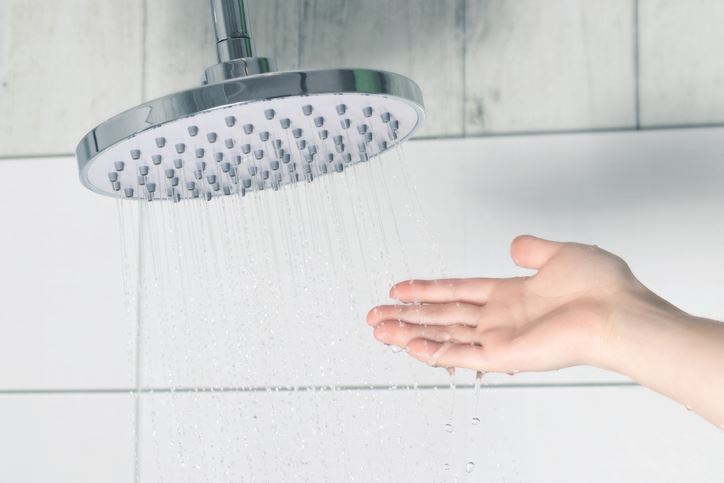
If you have witnessed a cold winter morning in Australia, you’d know that the only thing as good as your […]
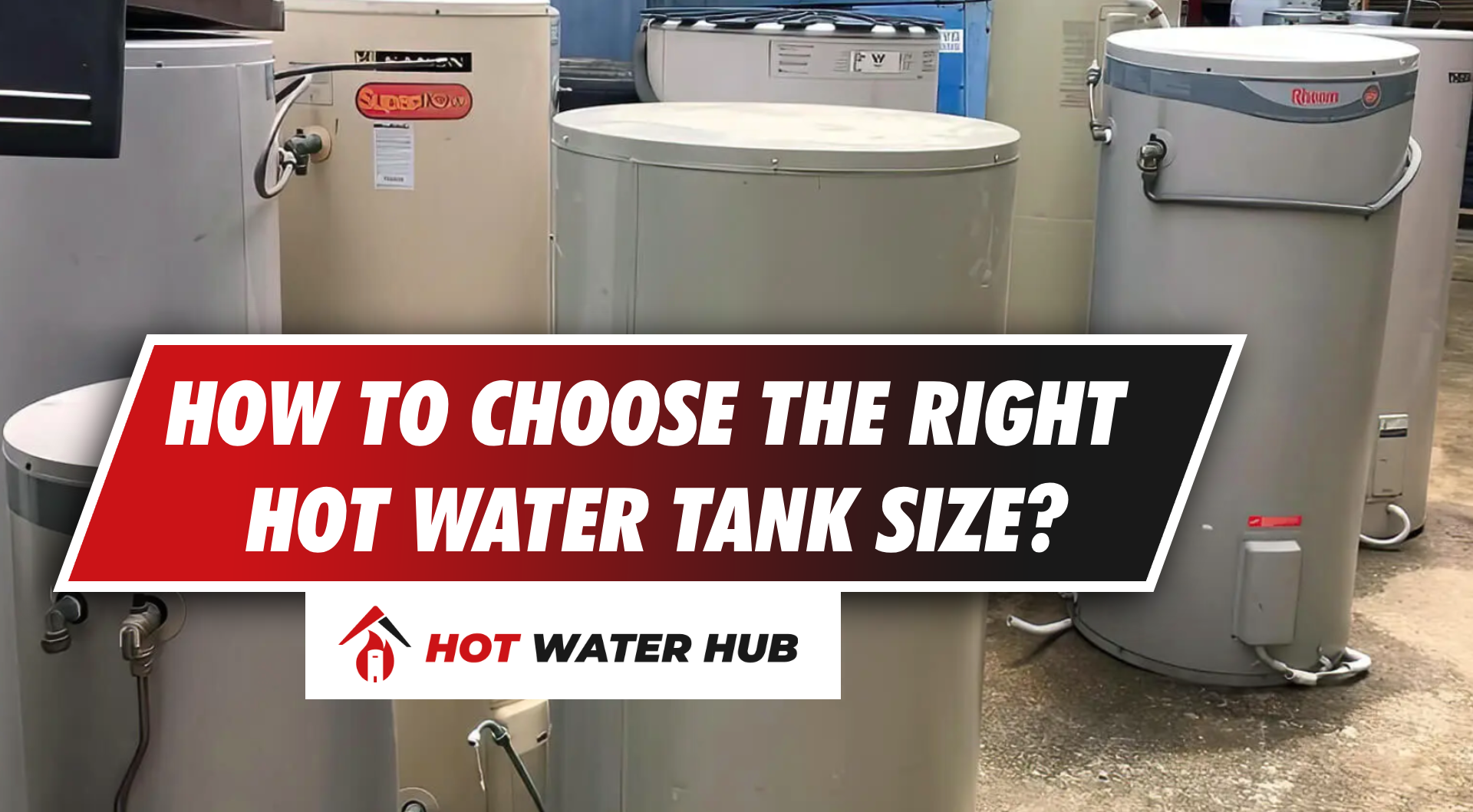
Did you know that each household in Australia spends close to 23% of its total utility bills on hot water?
With the Australian Government’s YourHome sources revealing these high expenditures, homeowners are now seeking all the viable ways to bring these costs down without sacrificing daily comfort.
One great way is to choose the right hot water tank size.
Wondering how this helps?
Consider a home that uses an oversized hot water system.
While such a family might think a larger hot water system is a sure bet to avoid running out of hot water, the reality is indeed the opposite. Heating more water than needed results in unnecessary energy use and makes higher bills an unavoidable consequence.
Also, think about an Australian household that invests in an undersized hot water system.
This family will run out of hot water too frequently, forcing the system to keep reheating water. The frequent reheating will not only result in huge power bills but will also cause the system to wear out soon, and this will bring other replacement costs.
To avoid these costly inconveniences, you must choose a tank size that matches your household’s actual hot water needs.
The right system should balance efficiency, reliability, and long-term savings.
But now the big question is – how do you choose the right size hot water system for your household?
Let’s find out how to get it right.
Different factors make it easy to determine the correct hot water system size of the required hot water system. Let’s break them down:
The population size living in a particular house determines the number of showers or baths needed and, therefore, hot water required. A big family would need a more extensive system to satisfy all the occupants’ needs, while a small family can manage a more minor system.
Think about the average utilization of hot water in your home. Are you a household that takes long showers or does a lot of dishes, laundry, and cleaning in hot water? If so, you might need a larger tank.
Showers and Baths: Baths typically require 10 – 20 litres of hot water per minute. More extended or multiple showers using more product quantities will increase demand.
Appliances: Hot water provision also includes washing machines and dishwashers, increasing the total hot water demand when not incorporating water heaters.
Peak and Off-Peak Usage: If hot water is required at off-peak hours, the more extensive storage might help.
| Household Size | Gas Storage (Litres) | Gas Storage (Liters) | Instantaneous (L/min) (Gas/Electric) |
|---|---|---|---|
| 1-2 people | 25-50 | 90 | 16-20 L/min |
| 3-4 people | 125-250 | 130-170 | 20-24 L/min |
| 5+ people | 250-400 | 170+ | 26+ L/min |
Tip: Instantaneous systems should be sized on flow rates (L/min) rather than tanks. Make sure that flow rates correspond to peak usage in your case.
The first thing that should guide you when choosing the right hot water system size is the number of occupants in your home and how frequently they use hot water.
According to hot water usage reports in Australia, it has been observed that a four-person family in Australia consumes between 200 and 300 litres of hot water daily.
That is to say, each person consumes an average of 50 to 60 litres daily.
When determining the right hot water tank size to choose, please know the number of users and use this data to estimate the right size.
However, always keep in mind that this will not apply to the whole family, as hot water usage can never be identical.
Households with long, frequent showers, daily use of machines like dishwashers and washing machines, or with fixed schedules for peak usage—like jumping into a shower every morning—would generally require bigger systems.
Meanwhile, homes applying good water-saving techniques, or those having fewer simultaneous users, would do well with a smaller tank.
After determining the number of hot water users in your household and estimating the right size you would typically need, next, know what tank sizes and systems are available in Australia.
In Australia, there are three types of hot water storage systems, and their capacities range from 50 to over 400 litres. To determine the right one, consider the following:
Electric-storage hot water systems:
These are the most widely used in Australia, and more than 50% of households use them. They are available in sizes between 125L and 400L, making them a great choice for different household sizes.
Gas storage hot water systems:
They are the next most common hot water heaters in Australia after electric hot water systems.
Gas heaters are known to be faster, so they generally come in smaller tank sizes ranging from 135L to 170L. Due to their quick water heating, they can comfortably serve a family of up to four people.
Solar hot water systems:
These operate on stored solar-heated water, which means they need to be larger to ensure adequate supply during cloudy days. Their sizes range from 250L to 400L.
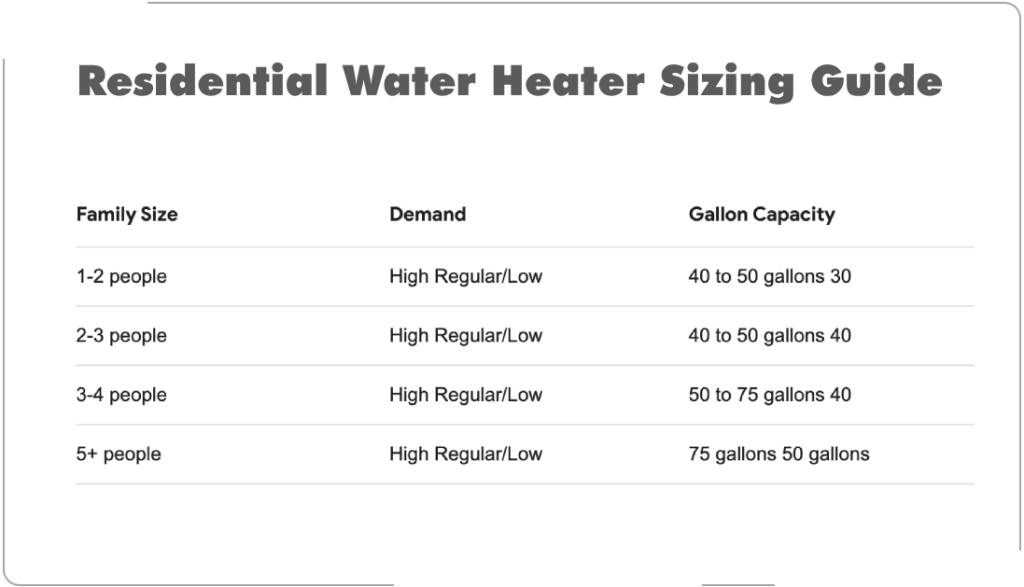
The next consideration you should make when choosing your hot water tank system is whether you will be reheating during low-tariff periods or throughout the day.
If you intend to take advantage of low-tariff periods, you will need to choose a tank with a larger capacity. This is because off-peak heating means you will do so once per day.
So, you will need a larger tank that can serve during peak periods. The best size should be above 250 litres when this is the plan.
On the contrary, if you want to heat water throughout the day, you can get away with using a smaller tank since the system can reheat water as it’s being used.
While this gives more flexibility in tank sizing, it’s also important to remember that heating water during peak times will cost more per kilowatt-hour.
So, if you’re on a peak electricity plan and want to avoid high bills, balance tank size carefully to reduce reheating frequency while still covering your daily needs.
Another key factor often overlooked when choosing the right hot water tank size is your local climate. The area you live in across Australia can influence how hard your system has to work, and that affects the size you’ll need.
In colder regions like Tasmania, Victoria, or the Snowy Mountains, the water entering your system starts much colder. That means the system will need to work harder—and longer—to heat the water to a usable temperature.
In such cases, larger tanks may be necessary to ensure enough hot water is available, especially in the early mornings or evenings when demand is usually highest.
On the other hand, in warmer regions such as Queensland or parts of Western Australia, the incoming water is already relatively warm.
This reduces the load on your system and, in most cases, allows for a slightly smaller tank size without sacrificing comfort or performance.
So, if you’re living in a cooler part of Australia, factor in a bit of extra capacity to avoid shortages.
In warmer climates, you might be able to opt for a smaller, more energy-efficient tank and still enjoy consistent hot water all year round.
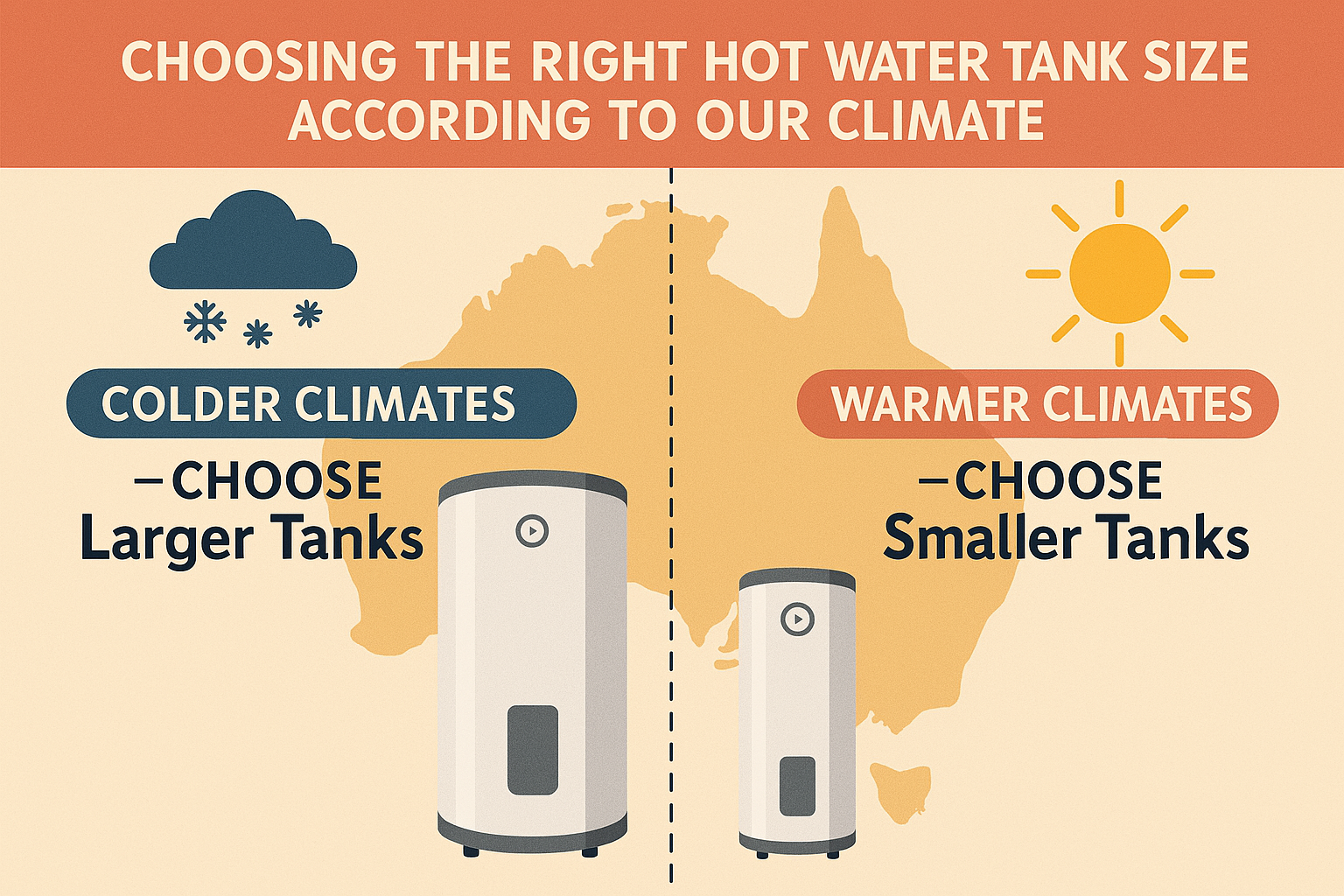
When choosing a hot water tank, it’s crucial to consider its energy efficiency. Most hot water systems in Australia are rated using the Energy Rating System, which can help you make an informed decision.
Typically, electric storage systems have efficiency ratings between 85% and 95%.
This means that between 85% and 95% of the energy used to heat the water is effectively turned into usable hot water, with the rest lost as heat.
Gas storage systems tend to be less efficient, usually around 60% to 75%, because they lose more energy during the heating process.
Solar hot water systems are often the most efficient, with efficiency ratings that can range between 80% and 95%, depending on the quality of the system and the climate conditions.
A higher efficiency rating means the system uses less energy to heat the same amount of water, reducing running costs over time.
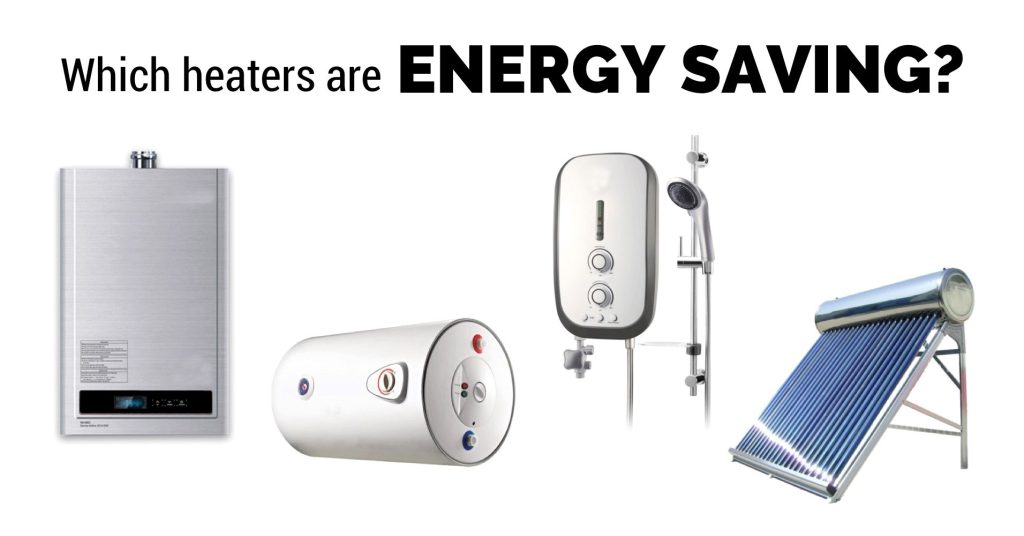
Your available space at home plays a big role in deciding the right tank size.
If you have limited space, a larger tank might not be practical. In this case, you may need to opt for a smaller, more compact model that fits your space constraints.
Another important factor is the installation location. The further the tank is from your taps or showers, the more heat is lost as the water travels through the pipes.
So, a large tank installed far away from your water outlets may not be as effective. On the other hand, a smaller tank placed closer to your taps can perform better, reducing heat loss and improving energy efficiency.
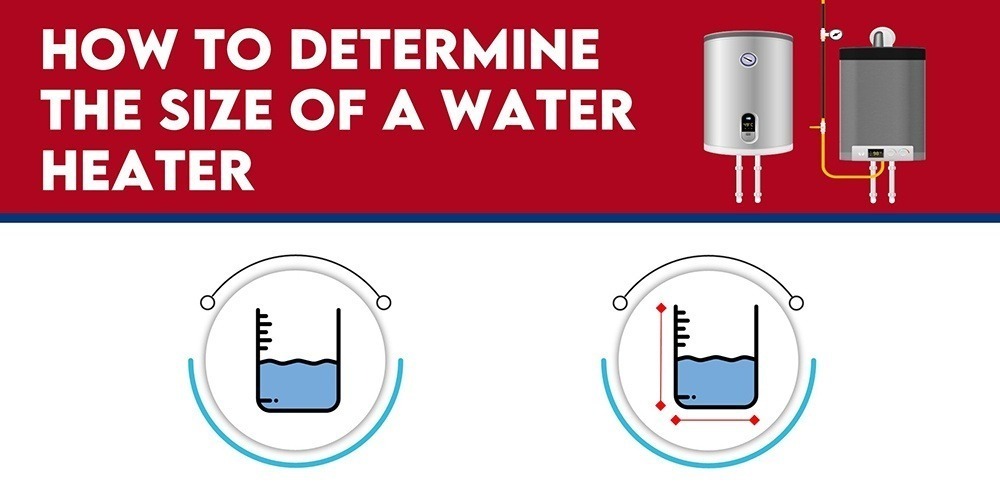
Ultimately, selecting the right hot water tank size depends on several key factors, including household size, daily usage patterns, budget, and location. Each plays a critical role in ensuring that your hot water system meets your household’s needs efficiently and cost-effectively.
If you’re unsure about the best option for your home, consulting a professional plumber or hot water expert is a great idea.
These experts can assess your household’s specific needs and recommend the most efficient and cost-effective system.